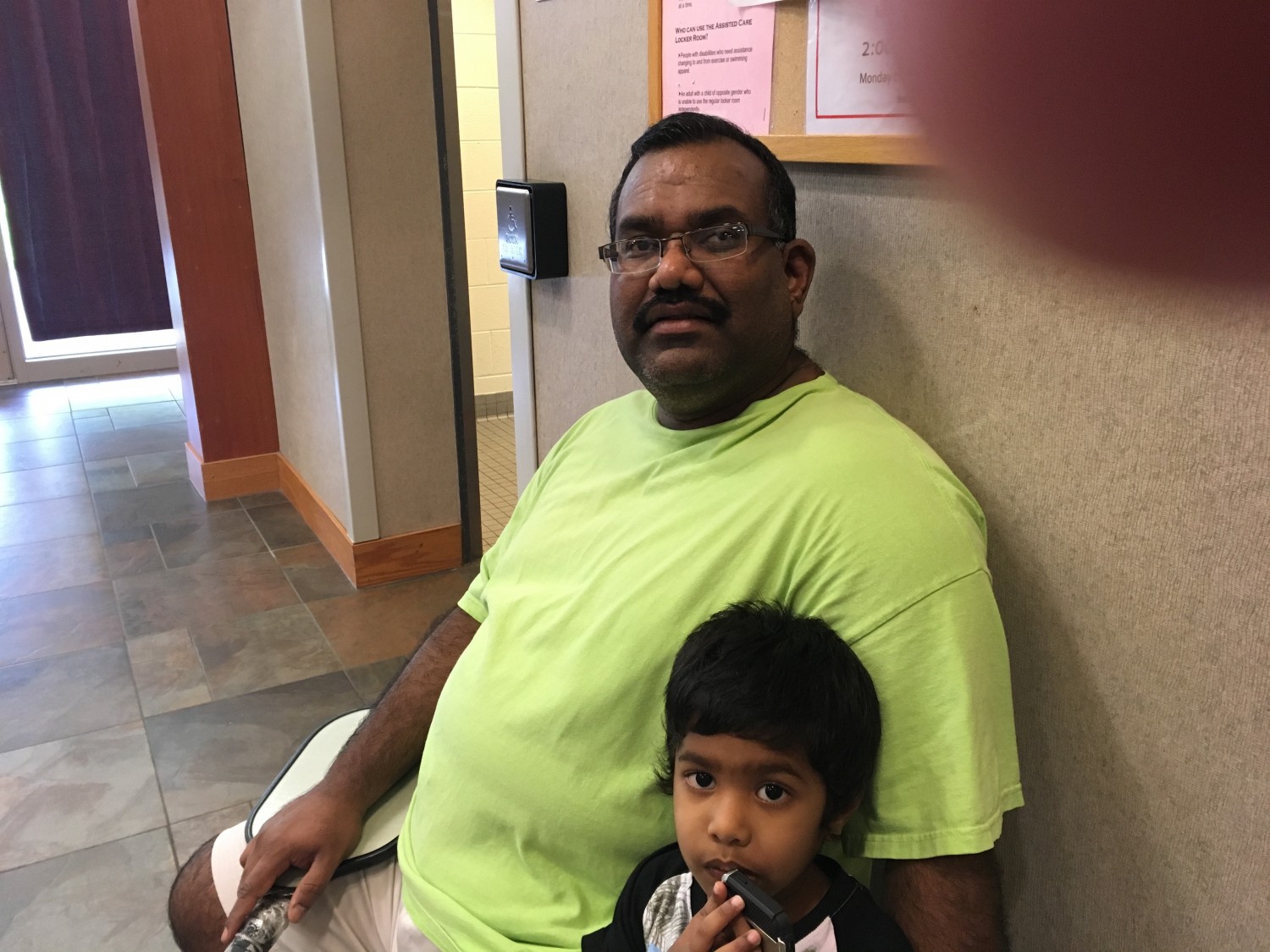Southern India is home to Sundar. He lived in Chennai (formerly known as Madras), capital of the Indian state of Tamil Nadu and one of India’s largest cities with a population of 10 million. Sundar left India for the United States at age 31 after having earned a Ph.D. in Biochemistry. He also has a MA in Medical Biochemistry, and is currently doing research at the University of Michigan on Hemophilia A, a bleeding disorder which affects about one in 5,000 people, predominantly males. The drug on which Sundar has been working has improved the quality of life and the life expectancy of people with Hemophilia A. Whereas these people once had a life expectancy of only 20, they now live considerably longer and are even able to play rough, contact sports without fear of bleeding caused by injury. The downside, however, is that they must be infused with the drug every other day.
Education in India among the upper and middle classes is “taken for granted.” Sundar says, it is less of a choice and more of an expectation, for children to pursue graduate degrees. He also noted that higher education in India is largely “uninterrupted” – no time off to do other things until an educational program is completed. In comparing the cost of education in India and in the United States, Sundar said “from kindergarten through my Ph.D. I did not spend more than $200 U.S. dollars.” Although, Indian families do pay a certain amount to educate their children, the government pays for most of it. The same is true in health care. Although there are ‘federal hospitals all over India” where inexpensive medical treatment is available, many upper and middle class families prefer to pay more to privately-run hospitals in which quality of care is better.
Sundar has a lovely wife, whom I had the opportunity to meet at the end of our interview, and a handsome little 4 year old son who was “advising” his dad as we talked. Sundar and his wife also have a 13 year old daughter. Since Sundar is in the United States on what is known as a H-1B visa, the duration of his stay here is uncertain. This visa is a temporary work visa that allows U.S. companies to employ graduate level workers in specialty occupations that require theoretical or technical expertise in various specialized fields. Individuals cannot apply directly for H-1B visas. Instead the employer must petition for entry of the employee. Sundar says he will know more definitely what will happen within the next few months.
As most of us who have played pickle ball with Sundar know, he is an adept player, really good at hitting that short spinning shot just over the net and not quite out of bounds. If one is not quick, Sundar will win a lot of points with that shot. He says “what we used to think of as good pickle ball games are no longer to be seen. Now, it’s all about dinking.” He adds that the competition is much better than it was and notes the addition of many more younger players. He likes playing mainly because the game is a lot of fun and the competition is friendly. I guess those impossible short shots that hardly any of us can get to are meant to be “friendly.”
Let’s hope that Sundar will allowed to stay in the U.S. so he can continue the important research he is doing. and that we will continue to see him on the courts for many years to come here in Ann Arbor.
Sundar is now 41. His favorite color is light blue.

